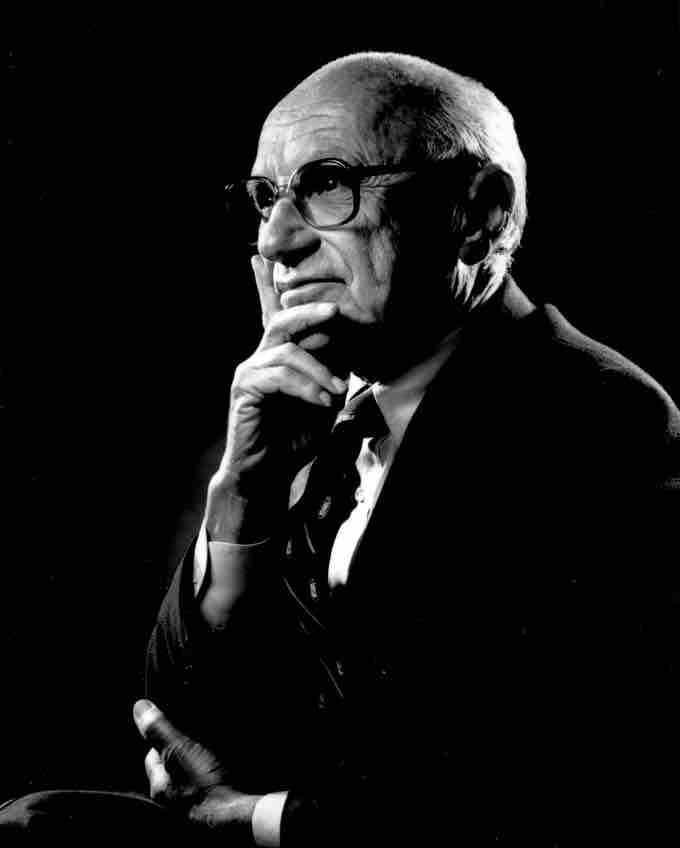Criticism of socialism refers to a critique of socialist models of economic organization, efficiency, and feasibility, as well as the political and social implications of such a system. Some of these criticisms are not directed toward socialism as a system, but directed toward the socialist movement, socialist political parties, or existing socialist states. Some critics consider socialism to be a purely theoretical concept that should be criticized on theoretical grounds; others hold that certain historical examples exist, making it possible to criticize on practical grounds.
Economic liberals, pro-capitalist libertarians, and some classical liberals view private enterprise, private ownership of the means of production, and the market exchange as central to conceptions of freedom and liberty. Milton Friedman, an economist, argued that socialism—which he defined as state ownership over the means of production—impedes technological progress due to stifled competition . He pointed to the U.S. to see where socialism fails, observing that the most technologically backward areas are those where government owns the means of production. Some critics of socialism argue that income sharing reduces individual incentives to work; incomes should be individualized as much as possible. Critics of socialism have argued that in any society where everyone holds equal wealth there can be no material incentive to work because one does not receive rewards for a work well done.

Milton Friedman
Milton Friedman argued against the effects of socialism.
The philosopher Friedrich Hayek argued in his book The Road to Serfdom that the more even distribution of wealth through the nationalization of the means of production advocated by certain socialists cannot be achieved without a loss of political, economic, and human rights. According to Hayek, to achieve control over means of production and distribution of wealth, it is necessary for such socialists to acquire significant powers of coercion. He argued that the road to socialism leads society to totalitarianism, and that fascism and Nazism were the inevitable outcome of socialist trends in Italy and Germany during the preceding period.
Milton Friedman argued that the absence of voluntary economic activity makes it too easy for repressive political leaders to grant themselves coercive powers. Friedman's view was shared by Friedrich Hayek and John Maynard Keynes, both of whom believed that capitalism is vital for freedom to survive and thrive.